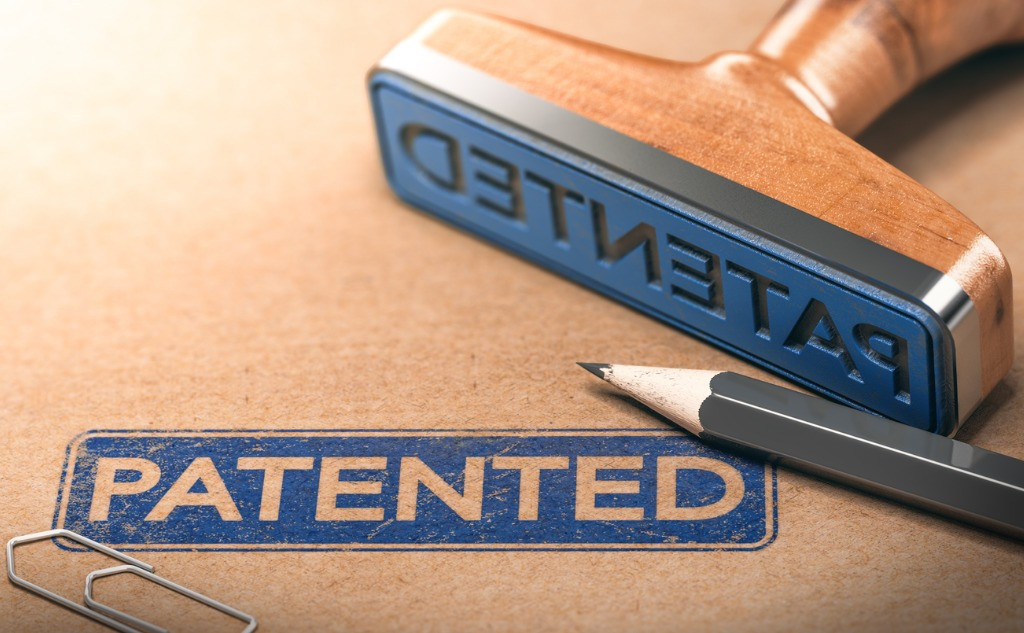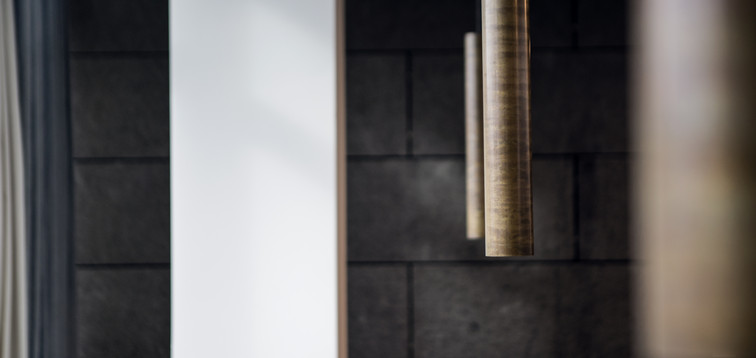As for the traditional, European patents and the corresponding supplementary protection certificates, actions can be brought both before the UPC and before national courts during the transitional period. However, this presupposes, as we have previously mentioned here, that the patent holder has not deselected the scheme and thereby the jurisdiction of UPC (also known as ”opt out”).
The patent holder must no later than one month before the expiry of the transitional period notify the UPC registration office if the patent holder wishes to be exempted from UPC’s jurisdiction. The choice of ”opting out” can also be made before UPC becomes operational during a so-called ”sunrise period” of an estimated three months before UPC definitively enters into force. The reason for this is that a patent holder no longer will be able to ”opt out” if an action has already been brought before the UPC. If you as a patent holder thus wishes to completely avoid the jurisdiction of the UPC, an ”opt out” should therefore take place already during the expected ”sunrise period”.
If there are two or more patent holders, consent from all parties is required. The opt-out is made for all countries in which the patent in question is applicable and will be in effect for the duration of the patent’s lifetime. The opt-out may however freely be withdrawn, but only if no actions regarding the right in question have been brought before a national court in the meantime. If you chose to ”opt in” again, you cannot ”opt out” again afterwards. There is no way back.
For licensees, the rules imply that neither simple nor exclusive licensees have the possibility to influence opt-outs of UPC’s jurisdiction unless this has been explicitly agreed. On the other hand, exclusive licensees have as a starting point right of action unless the parties have agreed otherwise.
Overall, the upcoming implementation of the UPC entails a series of consequences on which you as a patent holder or licensee should take a position. When drafting agreements (e.g. in the form of patent licensing, research and development agreements), the parties should take a position on the opt-out scheme and UPC’s jurisdiction. It is moreover something to which a buyer of a company with a patent portfolio should give some thought.
Lundgrens recommends licensees to take an active stance on their legal position when concluding a patent licence agreement, but also existing licensees should consider whether licence agreements already in force should be renegotiated to ensure the licensee’s influence with respect to the UPC. In general, patent holders should consider whether they wish to make use of the opt-out scheme. To be on the safe side, such a decision should already be made before the commencement of the UPC during the so-called ”sunrise period”.
If you have any questions about the new UPC or the opt-out scheme, please feel free to contact Emilie Lerstrøm, director, eml@lundgrens.dk.





